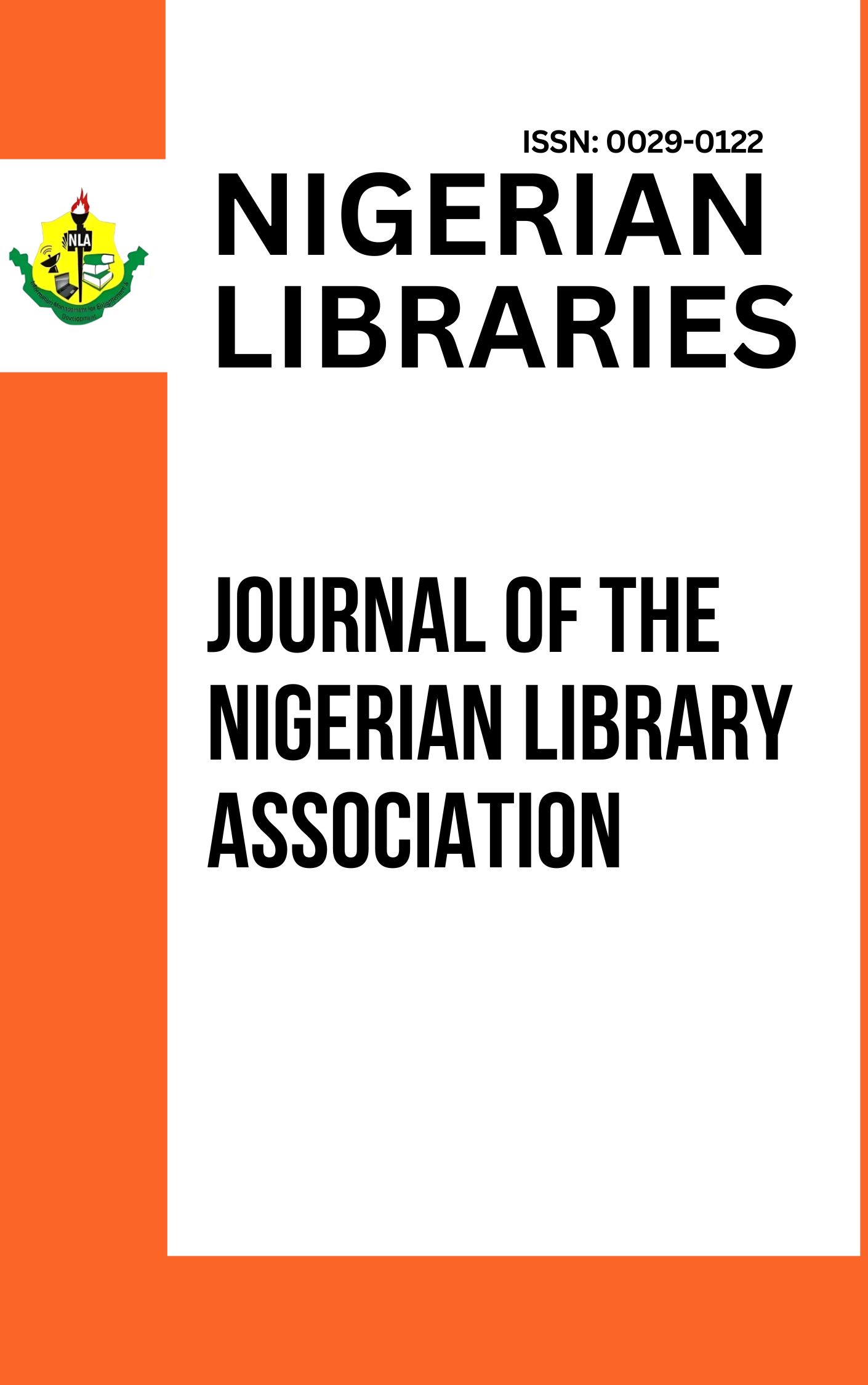Abstract
The study examined the information literacy for sustainable agricultural development in Nigeria: a case of farmers in Lagos-State. Demographic characteristics explored revealed farmers’ various sources of agricultural information based on their level of information literacy in accessing agricultural information coupled with the level of farmers’ need for capacity building towards sustainability of national development. Descriptive exploratory survey was used with self-structured questionnaire-based survey of selected vegetable farmers. A sample of 150 vegetable farmers engaged in agricultural activities was selected for the study using disproportional stratified and purposive sampling techniques. Some local government areas were selected purposively from the three senatorial districts in Lagos state namely Lagos West (Iyana –Oba), Lagos East (Ikorodu) and Lagos Central (Ogudu). Descriptive statistical tools of frequency, percentage, rank, mean, standard deviations were used to analyze the data. Pearson product moment correlation was used to explore the relationships existing among the dependent and independent variables and Generalized Linear Models (GLM) was used to determine the significance and contributions of demographic factors to information literacy of farmers and farmers’ need for capacity building towards sustainability of national development. Findings revealed that agricultural development for national sustainability will depend on farmers’ ability to make use of information communication technology through the use of internet as yardstick and tool for information agricultural sourcing, improving on their information literacy to an appreciable level. Recommendations were based on the need for farmers to develop their capacity building in management for effective marketing, technology know how that will enhance their jobs beyond the present scope.



 National Library of Nigeria
National Library of Nigeria.jpg) Association of Nigerian Authors
Association of Nigerian Authors Nigerian Library Association
Nigerian Library Association EagleScan
EagleScan Crossref
Crossref